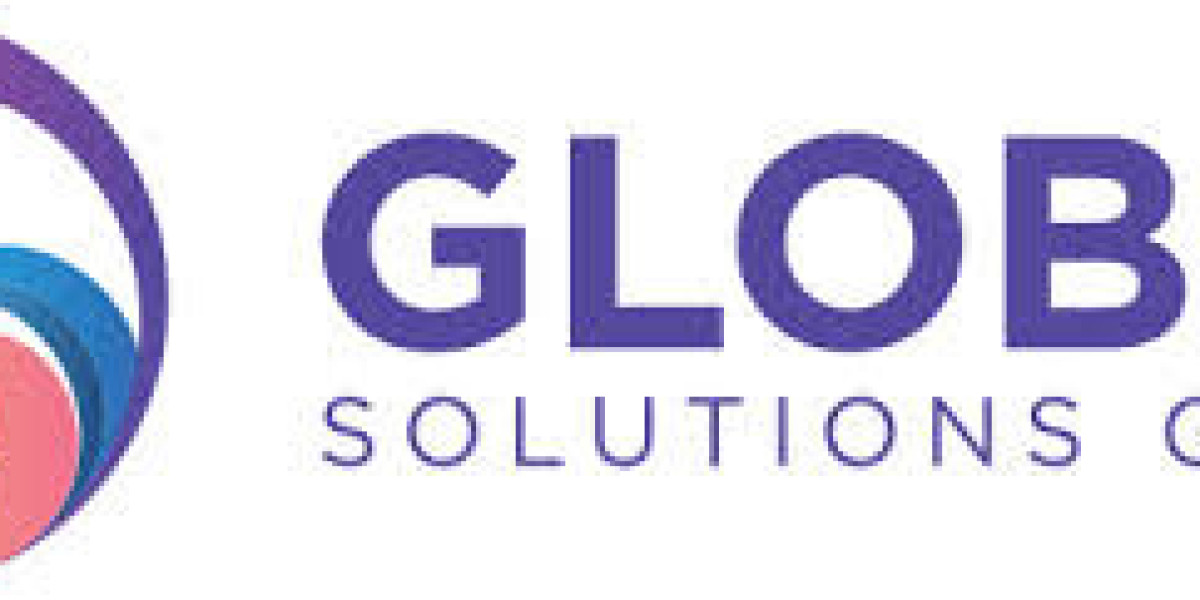Scrum is not the domain of software teams anymore. Marketing, healthcare, education, and manufacturing industries are implementing Scrum nowadays in order to improve productivity and collaboration. It is not always necessary to be in the technology field to use this powerful framework. HelloSM – Hyderabad's finest training institute – explains in this blog how to effectively use Scrum for non-software projects.
What is Scrum?
Scrum is an Agile methodology for breaking down work into infinitesimally small chunks of work known as sprints, typically 2 to 4 weeks in duration. It's all about flexibility, rapid change, and delivering results on a regular basis.
There are 3 roles in Scrum:
Product Owner – establishes goals and prioritizes tasks
Scrum Master – helps the team and clears the way
Developers/Team Members – do the work and deliver value
These roles, combined with regular check-ins and reviews, help teams stay aligned and work smarter.
Can Non-IT Teams Use Scrum?
Yes! Scrum works well in non-software organizations too. Whether you’re managing a marketing campaign, planning an event, or improving a service, Scrum helps teams stay organized, respond to change, and deliver better outcomes.
Non-software companies with cross-functional teams—people of all different abilities working together—can particularly gain from Scrum. Scrum dispels silos, encourages communication, and gets everyone working toward a shared objective.
Advantages of Scrum for Non-Software Enterprises
Greater Flexibility
Scrum gives your team the ability to be flexible. Rather than rigidly adhering to plans, you are able to alter your objectives on the basis of feedback or shifts in your project.
Improved Collaboration
Daily stand-ups enable teams to exchange news, address concerns, and collaborate more. This fosters trust and co-operation.
Improved Productivity
Short bursts of work maintain focus on priority deliverables. There is an actual output from each sprint, which encourages the team and demonstrates transparent progress.
Increased Transparency
Collaborating with such visual aids as Scrum boards, everything is out in the open. Each team member is aware of their own tasks, deadlines, and what others are working toward.
Common Problems & How to Overcome Them
Although Scrum is easy to comprehend, its application in the non-IT world might have some problems with it:
Resistance to Change
People who have accustomed themselves to the traditional system might resist change. The leaders need to convey the advantages of Scrum and help the team during transition.
Role Confusion
It is not necessarily easy to establish who should play the role of Scrum Master or Product Owner within a non-IT team. Professional guidance and coaching from trainers such as HelloSM can establish these positions.
No Training
The highest number of disasters stem from lack of understanding. For this reason, quality Scrum training is so important. HelloSM provides easy to understand industry-specific Scrum coaching.
Vague Objectives
Some non-tech projects will have ambiguous results. Have firm, achievable objectives for every sprint. Regular communication keeps the whole team aligned.
Best Practices for Scrum in Non-Software Projects
Looking to maximize Scrum? Follow these tried and tested guidelines from HelloSM:
Involve Stakeholders Early
Inform your stakeholders about Scrum and how they will profit from it. Keep them informed throughout the project.
Start Small
Try Scrum on a single pilot project before rolling it out to the whole company. It helps teams learn and become confident.
Offer Tailor-made Training
Train-aspect-fits-all training will not fit everyone. Choose a company providing Scrum training like HelloSM, which tailors sessions according to industry.
Listen to Deliverables
Make sure every sprint ends with a clear outcome. This helps measure progress and encourage the team.
Offer Coaching and Guidance
It's an enormous relief to have a coach or Scrum Master. They keep the teams on schedule with the process and correct problems right away.
Why HelloSM?
HelloSM is an expert at enabling companies and professionals to apply Agile and Scrum methodologies in various industries. We're Hyderabad's top-rated training institute for some very persuasive reasons:
- Experienced and qualified trainers
- Real-life examples from non-IT sectors
- Hands-on workshops and assistance
- One-to-one mentoring and coaching
If you are just starting out with Scrum or need to better your process, reach out to HelloSM for tailored solutions that suit your team.
Frequently Asked Questions
- Can Scrum really work for marketing or HR teams?
Yes! Scrum helps these teams plan better, work faster, and collaborate more effectively.
- Do we need to be tech-savvy to use Scrum?
Not at all. Scrum is a way of working, not a technical tool. Any team can use it with the right guidance.
- How do we assign Scrum roles in a non-IT team?
Roles can be adapted. A marketing manager could act as the Product Owner, while a team lead can take on the Scrum Master role.
- What kind of training does HelloSM offer?
HelloSM offers Scrum training for non-tech professionals, with practical examples and exercises tailored to your field.
- How can I get started with HelloSM?
Just visit our website or contact HelloSM today. Our team will help you choose the best course or coaching session for your needs.



